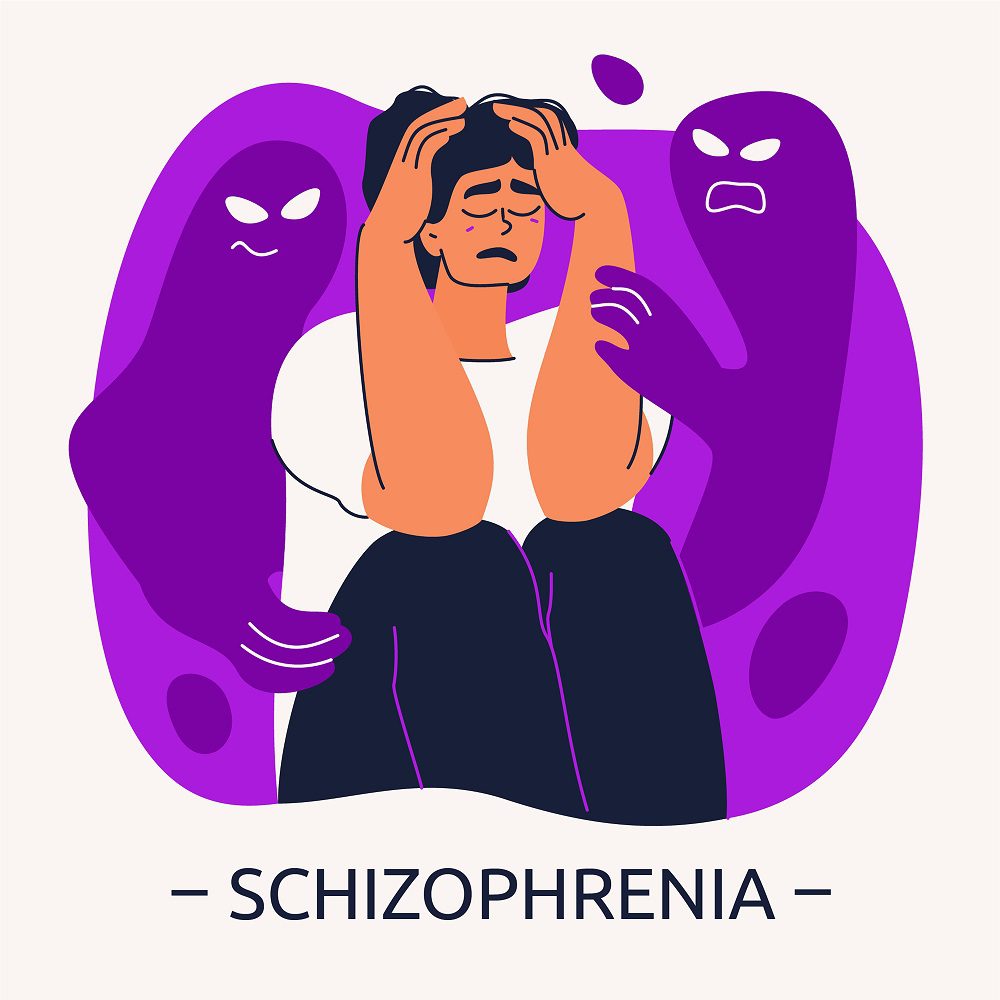Recent Advances in Surgical Strategies and Liver Transplantation for Hepatoblastoma


The most common malignant liver tumor in children is hepatoblastoma. Epidemiological examinations have shown that hepatoblastoma incidence has been increasing partially because of the improved survival of premature infants. Overall survival has improved from 30% to 80% following inventive advances in surgical techniques and chemotherapy over the past 3 decades. With advances in chemotherapy, the development of treatment methods has largely improved the prognosis of hepatoblastoma, and surgical resection, and liver transplantation still play a crucial role in the treatment of hepatoblastoma.
Are neuropsychiatric disorders genetic?


Various neuropsychiatric disorders such as schizophrenia, bipolar disorder, and some forms of intellectual disability have similar genetic causes which include different sequences in the DNA on certain parts of the genome called variants, that can occur on any specific genes and can have a great impact on brain function.
What is Klotho Protein in Neuropsychiatric Disorders?


Neuropsychiatric disorders have both neurological and psychiatric indications. The increasing burden of the disease on the population makes it essential to adopt measures to reduce its prevalence. The Klotho is a single-pass transmembrane protein that decreases with age and is associated with various pathological diseases like cardiac problems, reduced bone mineral density, and cognitive impairment.
Are antipsychotics useful in treatment-resistant depression?


In the case of antidepressants, it has been seen that one out of three people with a major depressive disease does not experience improvement even after taking sequential courses of antidepressants and develop treatment-resistant depression. Multiple acute-phase studies have shown the effectiveness of antipsychotics in the improvement of depressive symptoms but the clinical improvement that is remission remains limited, and also there are significant side effects when using these medications for a long time. Pragmatic clinical trials are needed to see the effectiveness of atypical antipsychotics with treatment-resistant depression.
Role of serum growth factors in Schizophrenia


Schizophrenia is a neurodevelopmental disorder and the growth factors (EGF, VEGF, FGF-2, TGF-α, PDGF-AA, PDGF-AB/BB) plays an important role in the development of schizophrenia symptoms. Growth factors are cytokine molecules that are important in the regulation of tissue nucleation, cell development, survival, and migration of all tissues in organisms including the brain and nervous system.
TGF-α, and PDGF-AA serum levels are significantly elevated in schizophrenia. FGF-2 levels are positively correlated with the duration of schizophrenia.
